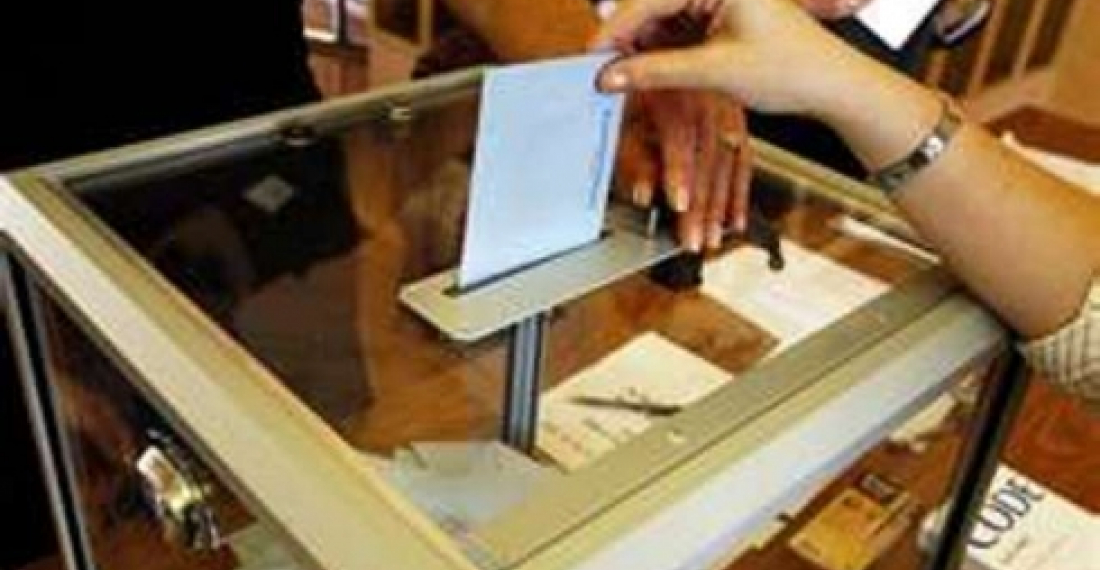Armenia and Georgia are due to hold Parliamentary elections later this year. The Armenian elections are scheduled for May and the Georgian elections will be held in October, if not earlier. These elections are likely to be the most hotly contested polls in the history of the two countries since the collapse of the Soviet Union. Very strong opposition movements are offering a credible challenge to the incumbent governments.
The governments of Armenia and Georgia have given strong assurances that the elections will be conducted freely and fairly. The proof will be not in words but in deeds. Both countries have had a troubled political history and malpractices during elections have been widespread. In both countries the government keeps a tight control of the media, and there have been in the past many cases of abuse of state resources to support ruling party candidates. The election process, though much improved in both countries remains flawed. Problems with the voting lists leaves room for abuse. On the other hand opposition parties in both countries have in the past let down their supporters miserably by failing to unite their efforts and by their sheer incompetence.
There is in both Armenia and Georgia an opportunity to turn the page. The very clear commitments made by the two governments to ensure free and fair elections are encouraging. They need to be held to their word, by both the electorate and by the international community. The time when international observers could highlight the bright side of the process and minimise the importance of malpractices is over. It is now in the interest of the two countries that the international community expresses zero tolerance to the manipulation of the polls.
On the other hand strong opposition movements in the two countries are showing signs of maturity long missing in the political process. Yet they too must be held to account. An election inevitably produces winners and losers, and the losers in a fair contest should be ready to accept the result gracefully. The opposition parties must concentrate on winning the elections not on planning how to overthrow the governments after the elections are held.
There is in this story a big responsibility on the shoulders of the European Union. The EU is a respected and authoritative voice in both Georgia and Armenia. Both seek closer relations with the EU. The EU must show fairness and firmness. It is not for the EU to choose the governments of Armenia and Georgia, but the EU must insist on a proper election process and must be ready to regulate its relations with the two countries on the basis of how good or bad such a process has been.
There are no elections in Azerbaijan this year. Azerbaijan has similar problems connected to the election process as the other two South Caucasus republics. Azerbaijani politicians will be looking with great interest at events in Georgia and Armenia. If there is a proper election process in the two countries the pressure on Azerbaijan to do the same will be enormous. Here too the Government repeats its commitment to democratic reform. Its chance to be good to its word will come next year. However, if Armenia and Georgia have flawed elections, and the international community continues with business as usual, then the chances of political reform in Azerbaijan will be very small indeed.
All in all this is a moment of truth in the South Caucasus and the world will be looking as to where the region is going.
(c) commonspace.eu
source: This commentary was prepared by the editorial team of Commonspace.eu







